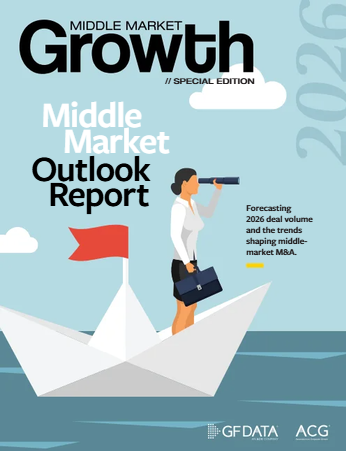
Sign up here to receive information about upcoming ACG Portland events.
Team Winners
1st Place
Sean Edwards | Umpqua Bank
Gretchen Johnson | Becker Capital Management
Steve Sloan | Umpqua Bank
Pat McCauley | Bridgewell Agribusiness

Team Winners
1st Place
Sean Edwards | Umpqua Bank
Gretchen Johnson | Becker Capital Management
Steve Sloan | Umpqua Bank
Pat McCauley | Bridgewell Agribusiness